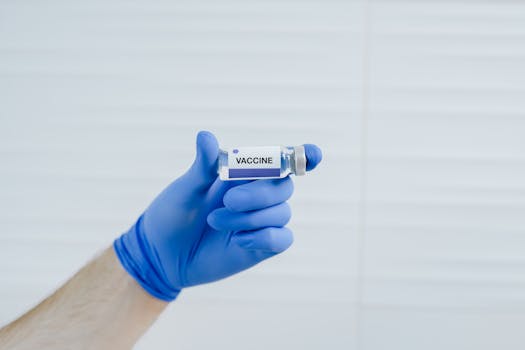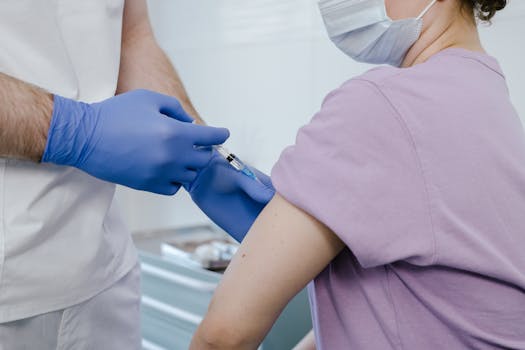
Understanding Vaccines

The science behind vaccines is fascinating and essential for public health. Vaccines are biological preparations that provide acquired immunity to a particular infectious disease. They contain agents resembling a disease-causing microorganism, which are often weakened or killed forms of the microbe, its toxins, or one of its surface proteins. When administered, they stimulate the body’s immune system to recognize the agent as foreign, destroy it, and remember it for future encounters.
How Vaccines Work

Vaccines work by mimicking an infection. The immune system responds by producing antibodies. These antibodies are crucial for fighting off pathogens upon actual exposure. The effectiveness of vaccines lies in their ability to train the immune system without causing the disease itself. This process of immunization is a cornerstone of public health.
The Role of Vaccines in Public Health

Vaccines play a vital role in public health by preventing outbreaks of diseases. By achieving high vaccination coverage, communities can establish herd immunity, which protects those who cannot be vaccinated, such as infants and individuals with certain medical conditions. The success of vaccines can be seen in the eradication of smallpox and the significant reduction of polio and measles cases worldwide.
Challenges and Misconceptions

Despite their proven effectiveness, vaccines face challenges such as misinformation and vaccine hesitancy. Common misconceptions about vaccines can lead to lower vaccination rates and increased vulnerability to disease outbreaks. Public health campaigns are crucial in addressing these misconceptions and promoting the safety and efficacy of vaccines.
Conclusion

In conclusion, the science behind vaccines is a testament to human ingenuity and a pivotal element of public health strategy. Vaccines not only protect individuals but also contribute to the overall health of communities by preventing the spread of infectious diseases. As we continue to navigate public health challenges, understanding and promoting vaccines will remain essential.





